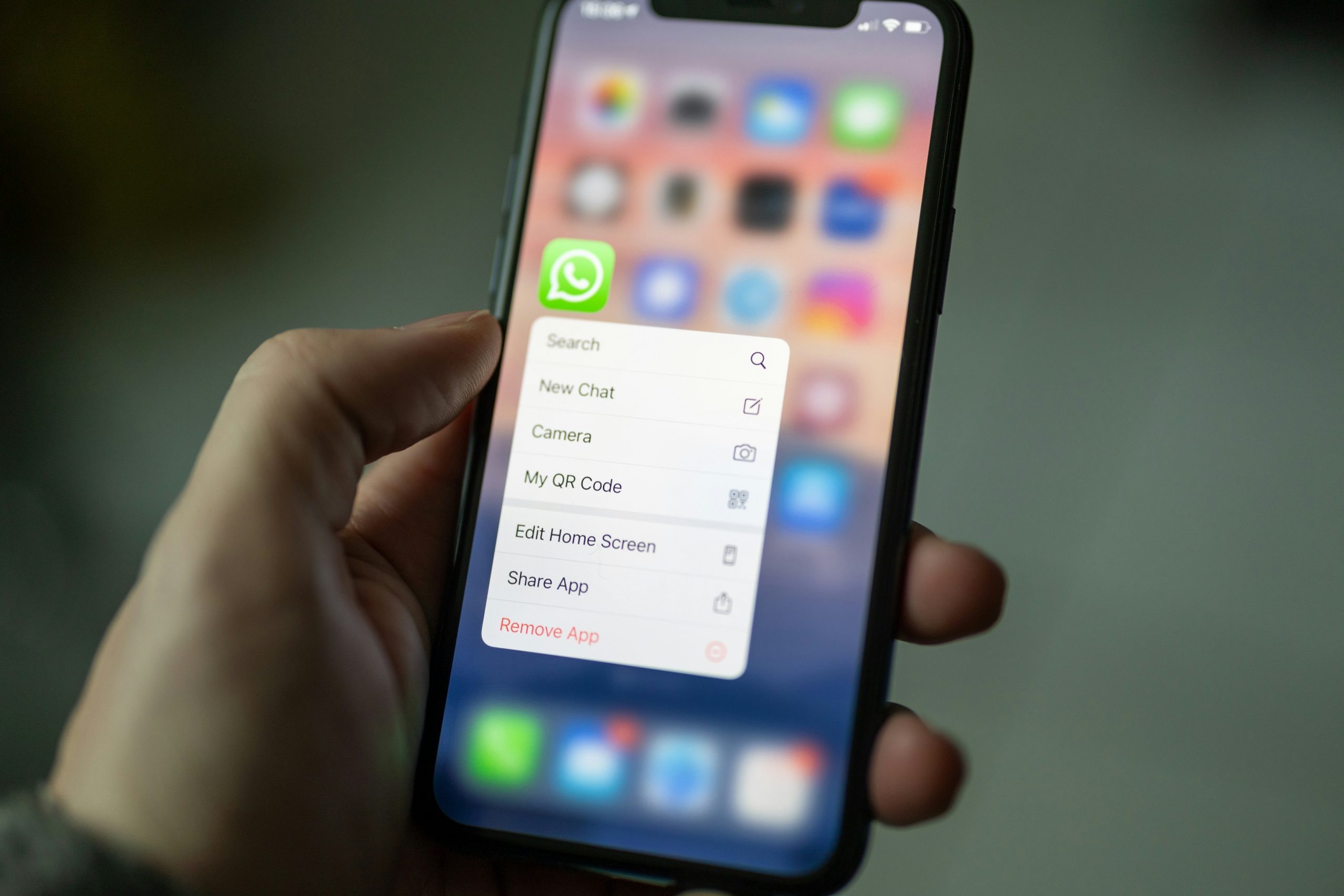In the digital age, our smartphones have become extensions of ourselves, holding a treasure trove of personal information within their sleek confines. WhatsApp, one of the most popular messaging apps worldwide, often requests access to our contact lists in order to streamline the process of connecting with friends and family. But as we navigate the intricate web of privacy concerns and data security breaches, the question looms large: Should we grant WhatsApp access to our contacts? This seemingly innocuous decision carries weighty implications for our digital footprint, raising important considerations about privacy, consent, and personal boundaries in the virtual realm. Let’s delve into this complex conundrum and unravel the intricacies of allowing—or withholding—WhatsApp access to our cherished contacts.
How WhatsApp uses your contact information
WhatsApp’s use of your contact information is a topic that often sparks debate among users. The platform collects contact details from your phone to streamline the process of connecting you with friends and family on the app. While this feature enhances convenience, it also raises concerns about privacy and data security. On one hand, sharing contact information allows WhatsApp to suggest contacts for you to connect with effortlessly. However, this practice also means that WhatsApp has access to a significant amount of personal data, including names, phone numbers, and potentially even more detailed information if stored in your contacts.
It’s essential for users to understand how WhatsApp uses their contact information and what safeguards are in place to protect this sensitive data. Despite the potential privacy implications, many experts argue that the benefits of using WhatsApp often outweigh these concerns. By analyzing how your contact list is utilized by the app, you can make an informed decision about whether granting access to this information aligns with your personal privacy preferences. Ultimately, educating yourself on these practices will empower you to navigate the balance between convenience and data security when using messaging apps like WhatsApp.

Benefits of allowing access to contacts
By allowing WhatsApp access to your contacts, you essentially open the gateway to a more seamless and convenient communication experience. Connecting with friends, family members, colleagues, and acquaintances becomes effortless when WhatsApp can automatically sync with your contact list. This feature eliminates the need for manual inputting of numbers, enabling you to instantly reach out to anyone in your network.
Furthermore, sharing updates and statuses becomes more meaningful when there is direct access to your contacts’ information. By seeing who is online or their recently updated statuses, you can engage in more relevant conversations and stay connected with those important to you. In today’s fast-paced world where staying in touch is crucial but often challenging due to busy schedules, allowing access to contacts on WhatsApp can enhance connectivity and foster relationships that matter most.
Risks and drawbacks of sharing contacts
In this era of digital connectivity, the temptation to share our contacts with various apps and platforms is ever-present. However, it’s crucial to recognize the potential risks and drawbacks associated with this practice. One major concern is the privacy implications – by granting access to your contacts, you are essentially entrusting sensitive information about your social circle to third parties.
Moreover, sharing contacts can also lead to issues like spamming and unsolicited communication. Once a contact list falls into the wrong hands or is misused by an app, there’s a possibility of receiving unwanted messages or being targeted by malicious actors. This intrusion not only disrupts your personal space but can also result in security breaches if contact details are used for phishing or scamming purposes.

Steps to control contact access on WhatsApp
One effective way to control contact access on WhatsApp is by using the Custom option in the app’s privacy settings. This feature allows you to select which contacts can view your profile photo, status, last seen, and more. By carefully curating these settings, you can maintain a level of privacy while still staying connected with friends and family.
Another practical step is to regularly review your list of contacts on WhatsApp and remove any individuals who you no longer wish to have access to your information. This helps in keeping your contact list updated and ensures that only trusted individuals have access to your personal details. By taking proactive measures like this, you can have better control over who has access to your information on WhatsApp and protect your privacy online.
Alternatives to sharing contacts with WhatsApp
As privacy concerns continue to dominate the digital landscape, many users are seeking alternatives to sharing their contacts with WhatsApp. One such option is utilizing messaging apps that prioritize user privacy, such as Signal or Telegram. These platforms offer end-to-end encryption and do not require access to your entire contact list, providing a more secure communication experience.
Another alternative is using email or other communication channels that do not necessitate sharing contacts. By communicating through email, for instance, you can maintain control over who has access to your contact information and avoid the potential data sharing implications of WhatsApp. Additionally, for those looking to communicate within specific groups or communities, platforms like Slack or Discord offer robust messaging features without requiring access to personal contacts. Overall, exploring these alternatives can empower users to make more informed decisions about how they share their contact information online.
![]()
Conclusion: Consider privacy implications before granting access
As you weigh the decision of granting WhatsApp access to your contacts, it’s crucial to pause and consider the broader implications on privacy. While the convenience of syncing contacts may seem harmless at first glance, the reality is that every permission granted opens a doorway for potential data breaches or misuse. Taking a moment to reflect on whether sharing this information is truly necessary can go a long way in safeguarding your personal data.
Furthermore, delving into the specifics of what access entails can reveal hidden aspects that may give pause. It’s not just about names and numbers; it’s also about potentially exposing communication patterns and relationships within your social circle. This wealth of information could be exploited by third parties for targeted advertising or other purposes without your explicit consent. Therefore, exercising caution and deliberation before handing over such permissions becomes increasingly vital in today’s digital landscape where personal data is often sold and shared without full disclosure to users.
